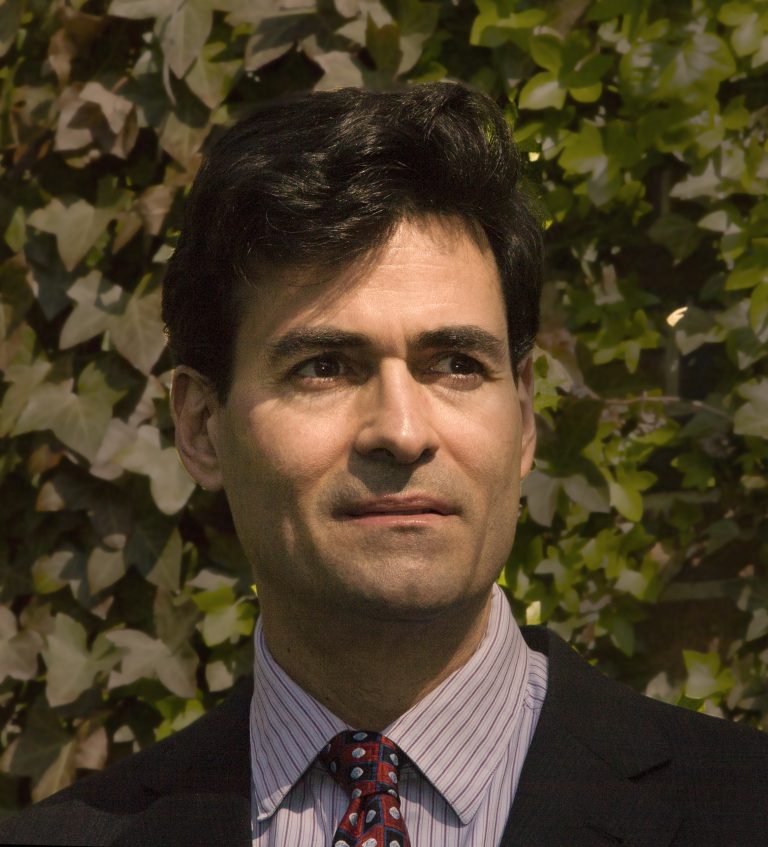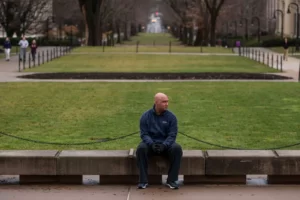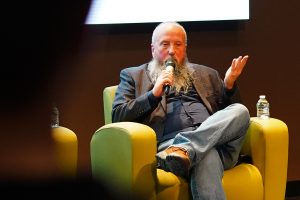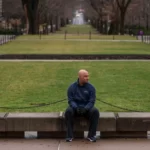Adam Tanner’s newest book, “Our Bodies, Our Data: How Companies Make Billions Selling Our Medical Records” was released in January. Tanner served as a Reuters news agency correspondent from 1995 to 2011, with key positions in the Balkans, San Francisco, Berlin, Moscow and Washington D.C. After, based at Harvard University as a fellow, he wrote, “What Stays in Vegas: The World of Personal Data-Lifeblood of Big Business and the End of Privacy as We Know It” (2014). He is currently the C.W. Snedden Chair in Journalism at the University of Alaska Fairbanks. We caught up with Tanner during his attendance at Reynolds Week, 2017.
How did you come across this topic?
My first book, “What Stays in Vegas,” was about the business of your personal data, excluding medical data. More of us are familiar with this concept that Facebook is free, Google is free, because they’re using information about you to sell advertising. That book talked about all the different kinds of businesses that make money off our personal data. My initial idea was that I was going to write a chapter about medical data. But medical data is especially complicated to understand and to make into an interesting story. So I put most of that issue aside, and then I wrote “Our Bodies, Our Data” to explain that there’s this vast, multi-billion dollar trade worldwide and here’s how it works.
Selling medical data is major business?
Mostly it’s about helping pharmaceutical companies sell their drugs. For example, if they know what doctors are prescribing which drugs, they send them reps to say, “Oh you should prescribe our drug more frequently. Here’s what we know about you, here’s the details.” So it’s mostly about sales and marketing. These companies, when they talk about the issue, try to promote that this big commercial circulation of your personal data will help the world of science. But so far it’s really about commercial sale and marketing for pharmaceutical companies.
What were some obstacles you overcame along the way?
The companies that sell the data, the electronic medical record systems, the insurers, the blood test labs, the pharmacies and so on—they do not want to talk about the trade. And the data miners have done their best to hide this trade from the the general public, thinking that this would be upsetting or somehow we wouldn’t understand it. I researched the largest of the data mining companies that do this, called IMS Health. I went back and investigated their earliest story, finding executives who were around at the very beginning of the company 60 years ago, and then reached out to as many former executives as I could [along with] others who knew the industry. Now a lot of these companies don’t want to talk on the record, so it was a real investigative project. I worked for five years in Russia covering the Kremlin, so I had to use the same kind of investigative skills covering secretive institutions to find out what happens with our medical data.
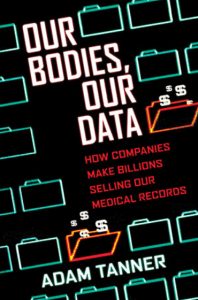 What’s your big hope for the book?
What’s your big hope for the book?
I’d like to encourage the public discussion of what happens with our medical data. Under the current U.S. rules it’s allowed if they strip out your name and your address and certain other identifiers. This trade is freely allowed. So, for example, you could have a blood test that shows you have cancer. That data is freely allowed to be circulated and sold and bought without you knowing about it. I’d like to encourage a discussion. Is this something in society that we’re comfortable with? Or would we like to have better protections of our medical information? I think there’s great dangers over time if you put all these different informations together about you—your medical history. Even if anonymized others may be able to identify you in that file. So I think you should have more control over the fate of your data and be able to decide what you want to do with it.
Are there opportunities for business journalists to localize the story?
There are local angels across the country. There are many big medical centers where this trade is worth examining. We’re here in Phoenix, which is a big medical community with a lot of sophisticated things going on and one or two of these data mining related companies that do this kind of work. You could pick many local communities where you have this issue of the hospitals, the local communities, the medical and healthcare community—what are they doing? Do the people in the industry know and understand this, and are there intermediaries buying and selling the data? Typically there are. So I think it is a great local story to investigate.



